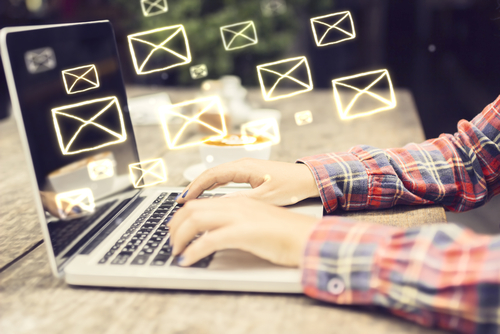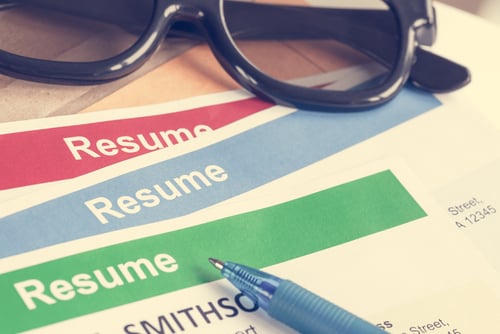Our new digital era has made it easy to reach your coworkers immediately, anytime, anywhere—but before clicking "send," you should think twice.
Earlier on, a famous producer for a popular Boston Radio show was laid off. The HR reason for laying her off was that they'd eliminated her position. Before going home, she had received an email saying: the company is welcoming a new producer to fill her position. The HR team had forgotten to remove her email address from the staff list. Embarrassing!
Thanks to new technologies, we can interact promptly with colleagues, employers, and customers. But we often fail to slow down to ensure that all of the i's are capitalized, and the question marks are placed.
Ok, your best friend doesn't mind if you mistyped the name of the coffee shop or that predictive text tool skewed your letter, but when it comes to business emails, editing, reviewing, and proofreading are essentials.
Here are some dos and don'ts to follow in your work email communications to improve your emailing skills.
Don't: Send unacceptable content using your work email
Never compose or forward any emails that can be considered to be unacceptable. Since Cybersecurity has become a primary issue for many businesses, companies track their staff's email addresses more strictly. Never submit something you'd be nervous about justifying to your manager.
Do: Define your target audience
There's a vast difference in how you talk when you send an email to a friend, coworker, or employer. Keep your words formal and respectful while sending emails to your colleagues and bosses alike. And make sure you have just the participants who have to see the email. Please don't give it to anyone who isn't interested. We all have so many emails in our inbox—be respectful.
Do: Keep it to the point
Keep the emails precise and brief. Split information into listings or simple call-to-action (for example: could you please give me the marketing plan for the next month?) to keep your emails easy to check. Avoid addressing several tasks or topics in one email. Instead, you can send separate emails. You will eliminate frustration and make the emails easier to read. Freebie: If you keep your demands perfectly understandable, your team will get them completed quicker.Keep the emails precise and brief. Split text into categories or specific calls-to-action to make the messages easy to read.
Do: Be polite
Be decent and friendly. If you're sending emails to a workmate, a supplier, or a customer, you don't ever want your email to appear judgmental, offensive, or in other forms that show unprofessionalism. Use a calm and confident tone of voice. Be formal because it works all the time, even if you don't know how to set the appropriate tone of voice.
Don't: Use emojis
Keep your smiley faces and excited emojis for your friends and what's app family group. In professional settings, all you need to show is how you add value to your position, so sending a mail to your coworker or your boss telling him that you've made a new contract has to be formal with no smiley faces. Be precise and show your value professionally.
Do: Review and proofread
It takes minutes to review the emails for obvious spelling or grammatical mistakes, an easy task that will keep your manager from getting interrupted. Many email systems have a built-in spell-check feature, so make the last check before sending your email. You'll quickly notice some grammatical mistakes or missing letters to make it easy for the reader to get your message.
Do: Filter your inbox regularly
Nothing is more challenging than coming back to your laptop with 100 new emails. It may sound like you're losing precious time when you pause to filter your inbox, but it's a protection against missing highly important emails. Start scrolling through the new mails in the morning, moving and classifying them into divided subfolders (like urgent, less important, Done). Checking your email regularly will make the process easier. Moreover, it ensures that you'll never miss any important emails.
Don't: Misuse the "Reply all" button
If there is no good excuse to send a group email correspondence, hang on to the "Reply All" button. If anyone asks you a question and has other coworkers on an email, you don't know why you can respond to the one who asks only. Then, he can decide if he wants to forward your reply to other people or no.
Do: Ask for guidance
Sending emails has a certain etiquette, so if you don't know how to follow this etiquette, ask your supervisors or managers to guide you on creating a professional email, whom to mention, and which tone to use. This can help you save too much time and build the right image as a professional.Email is a primary channel for business communications nowadays. Know the business policies to make sure you keep up-to-date with the latest updates. Your role and your future rely on mastering email etiquette.
Read also:
For a dream career, click here.








 2023-04-26
2023-04-26
 2023-04-04
2023-04-04
 2023-03-22
2023-03-22
 2023-03-20
2023-03-20
 2023-03-08
2023-03-08